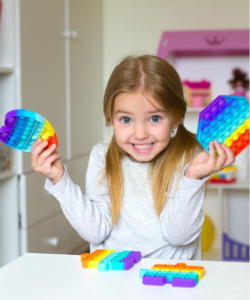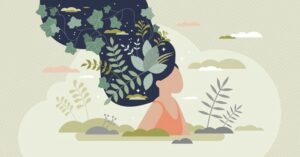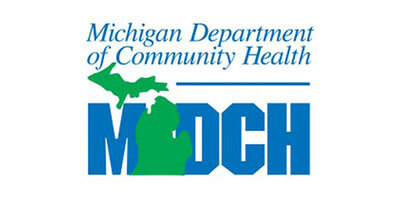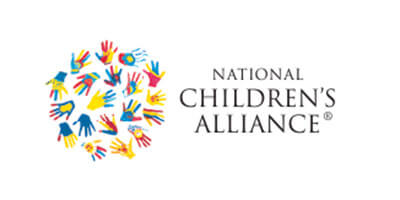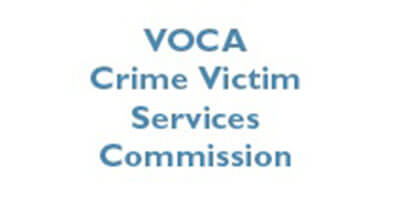Do’s and Do Not’s For When a Child Discloses Abuse
If a child tells you he/she is being inappropriately touched or hurt in any way, most of our first reactions are sheer panic, shock, or maybe some disbelief. This is often followed by a spewing of questions, frantically making sure the child is “okay,” confronting the alleged abuser, etc. It is a natural reaction for our emotions to be heightened, but in these moments it is critical that we remain in control of our own emotions and take the following steps to ensure the child remains safe and gets the help he/she needs.
DO listen carefully
When a child discloses abuse, it is our job to make sure the child feels heard. This isn’t the time to ask about details or become overly emotional. The best thing we can do is give the child our full attention and the chance to share his/her story.
DO tell the child it’s not his/her fault
Children feel a significant amount of guilt and shame about what has happened and they need to know child abuse is NEVER the child’s fault.
DO tell the child you believe him/her
A lot of children will not tell anyone they are being abused because they have been told by the abuser that no one will believe them. If a child is telling you, it means they trust you and are asking you, as a safe person, to help.
DO report to Child Protective Services (CPS) or Law Enforcement immediately
If you suspect there is abuse happening, it is critical for you to report to CPS immediately so they can take the appropriate steps to investigate. It may also be necessary to call Law Enforcement to file a police report on the witnessed or disclosed abuse. The sooner you report what the child disclosed, the better. The details will still be sharp in your mind and action can be taken quickly.
DO NOT make promises you can’t keep
Sometimes when reassuring children or comforting them, it is tempting to say things we cannot follow through with. A common thing to say when a child tells an adult they were abused is, “I won’t tell anyone.” or “You won’t ever have to see that person again.” Sometimes we don’t want to embarrass the child or worry them, but if neither of those things can be guaranteed, then in an attempt to comfort them, it can do more harm than good.
DO NOT ask for more details or ask direct questions.
By prodding for more details or asking direct questions, you run the risk of inserting your own assumptions or potentially harming an investigation by “planting” ideas in the child’s head.
DO NOT confront the alleged abuser
By confronting this person, it could potentially put the child’s safety at risk or make the investigation more difficult. It is best to leave this part up to the professionals.
If you suspect or know a child that is being abused, report it immediately to CPS (1-855-444-3911) or call 911 to be sure the child receives the help he/she needs.



